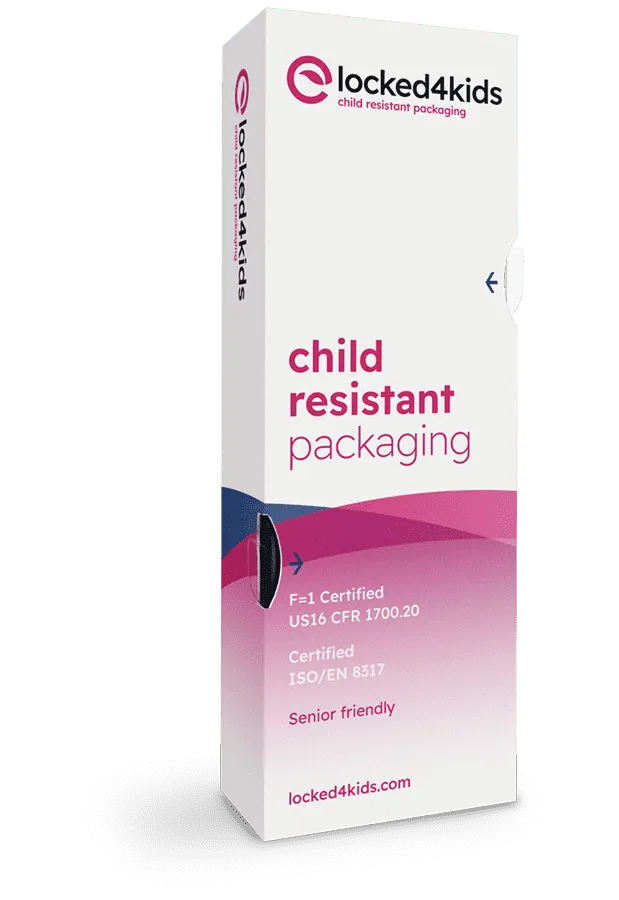When choosing between folding cartons and rigid boxes it’s important to take several points into account, as your choice can influence the product's aesthetic appeal, protection level, and brand perception. Both serve distinct purposes and offer unique benefits. This blog post delves into what rigid boxes and folding cartons are, highlighting their differences and assisting businesses in making informed packaging decisions.
What is a rigid box?
A rigid box, often associated with luxury and premium products, is a type of packaging constructed from sturdier materials compared to folding cartons. Made from thick board material, rigid boxes are not designed to be folded flat. They are typically covered with paper, fabric, or other decorative materials to offer a premium look and feel. Rigid boxes are known for their durability and protective qualities, making them ideal for high-end products such as electronics, luxury goods, cosmetics, and confectioneries. Their construction usually involves a base and a lid, providing an enhanced unboxing experience that elevates the perceived value of the contents.
What is a folding carton?
A folding carton is a versatile and widely used type of packaging made from paperboard. The paperboard is cut, scored, and folded into a variety of shapes and sizes to accommodate different products. Folding cartons are a popular choice for packaging a vast range of items, from food and beverages to consumer goods, due to their lightweight, cost-effective, and customizable nature. They can be easily printed with high-quality designs, making them an effective marketing tool. Additionally, folding cartons are shipped flat, offering efficiencies in storage and transportation before assembly.
Key differences between rigid boxes and folding cartons
- Material thickness: Rigid boxes are made from heavier, thicker board material, offering superior protection and a luxurious feel. Folding cartons, made from lighter paperboard, cater to a wide variety of products requiring less protection.
- Durability: The sturdier construction of rigid boxes provides greater durability and protection, ideal for fragile or high-value items.
- Customization and aesthetics: Rigid boxes allow for extensive customization with various textures, finishes, and printing techniques, facilitating unique, eye-catching packaging designs. Folding cartons also offer customization but within the limits of paperboard and mass production efficiencies.
- Cost and environmental considerations: Rigid boxes are typically more expensive due to their material quality and construction process, and they may have a larger environmental footprint. Folding cartons are more cost-effective and eco-friendly, using less material and being easier to recycle.
- Assembly and storage: Folding cartons are more storage and transport-efficient, shipped flat and assembled when needed. Rigid boxes occupy more space, affecting logistics and costs.
The choice between a rigid box and a folding carton depends on the product's value, desired customer experience, budget, and environmental considerations. Rigid boxes are preferred for enhancing the perceived value and protection of luxury items, while folding cartons offer practicality, versatility, and sustainability for a broad range of products. Understanding these packaging types' distinct functionalities enables businesses to align their choices with their brand values and market positioning, ensuring a positive impact on branding, product protection, and customer satisfaction.
Explore more modern techniques for effective packaging!
Request a free sample now!











